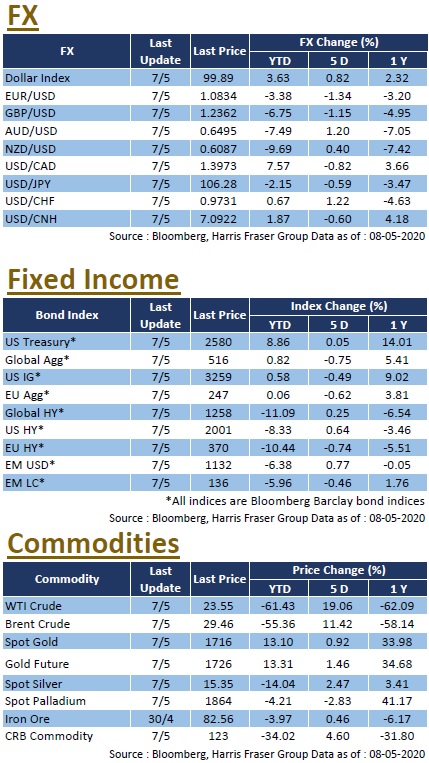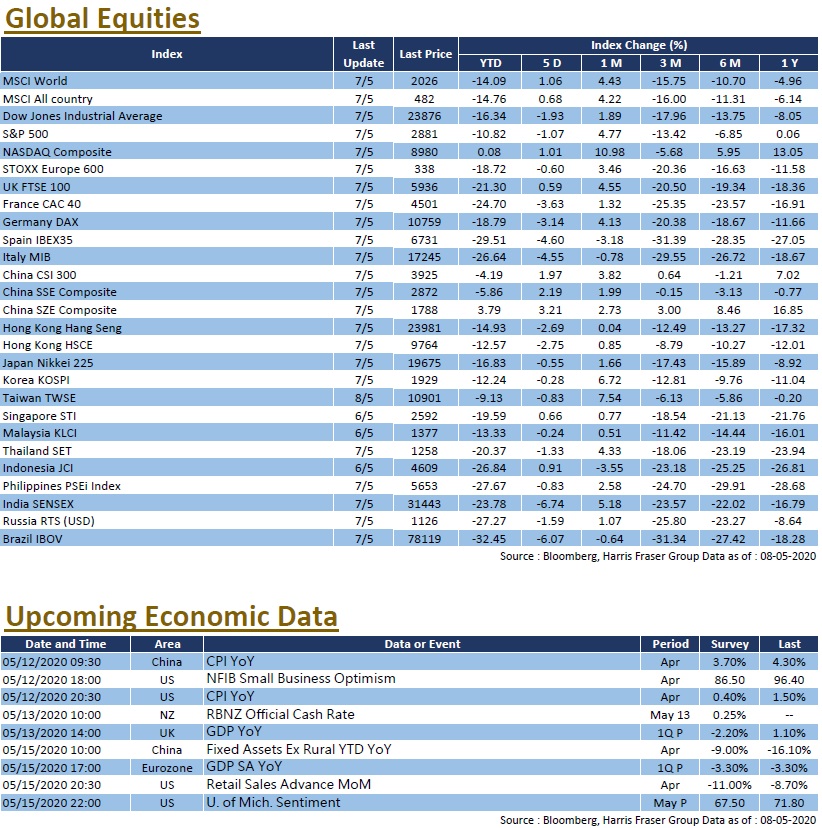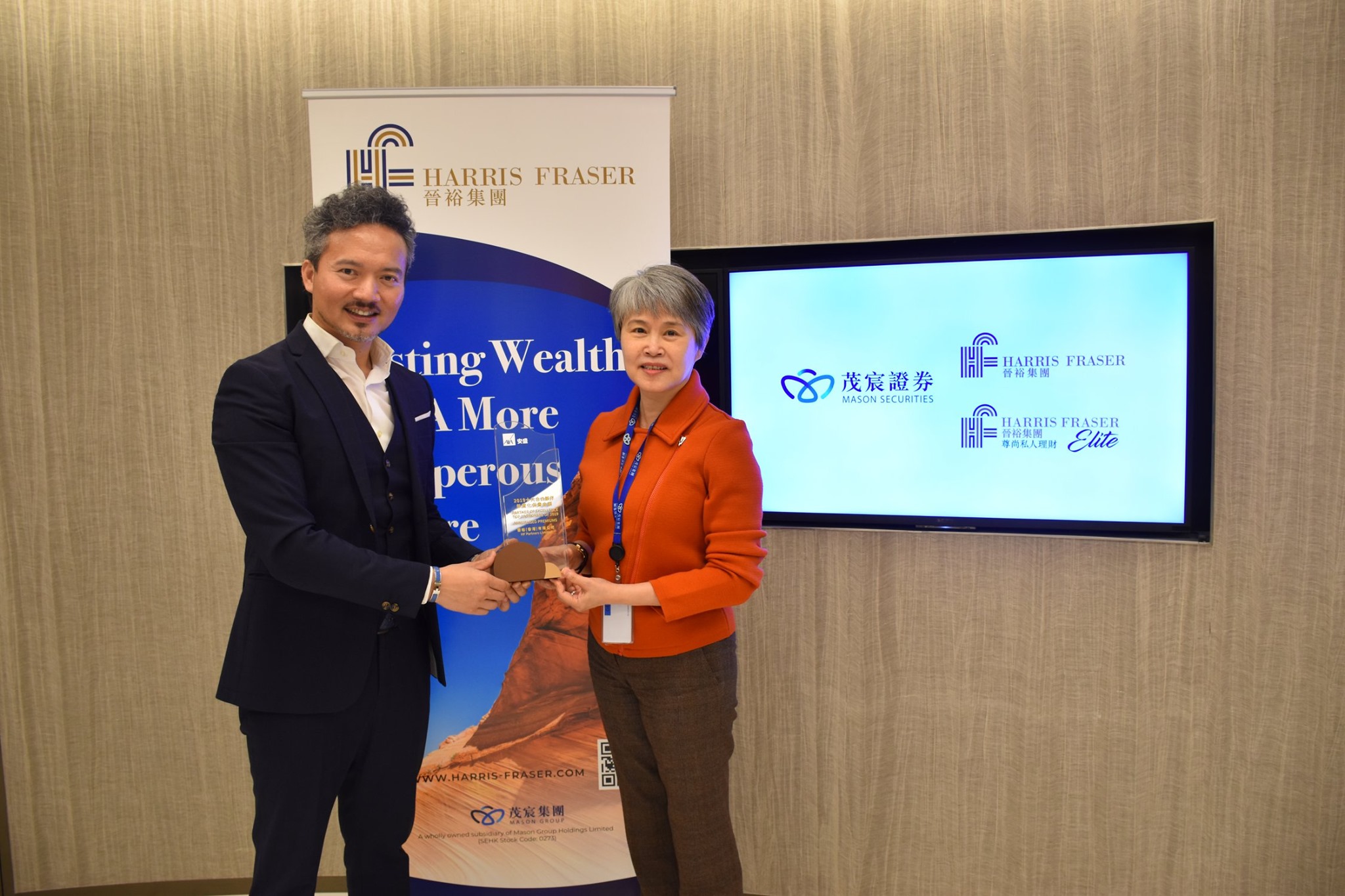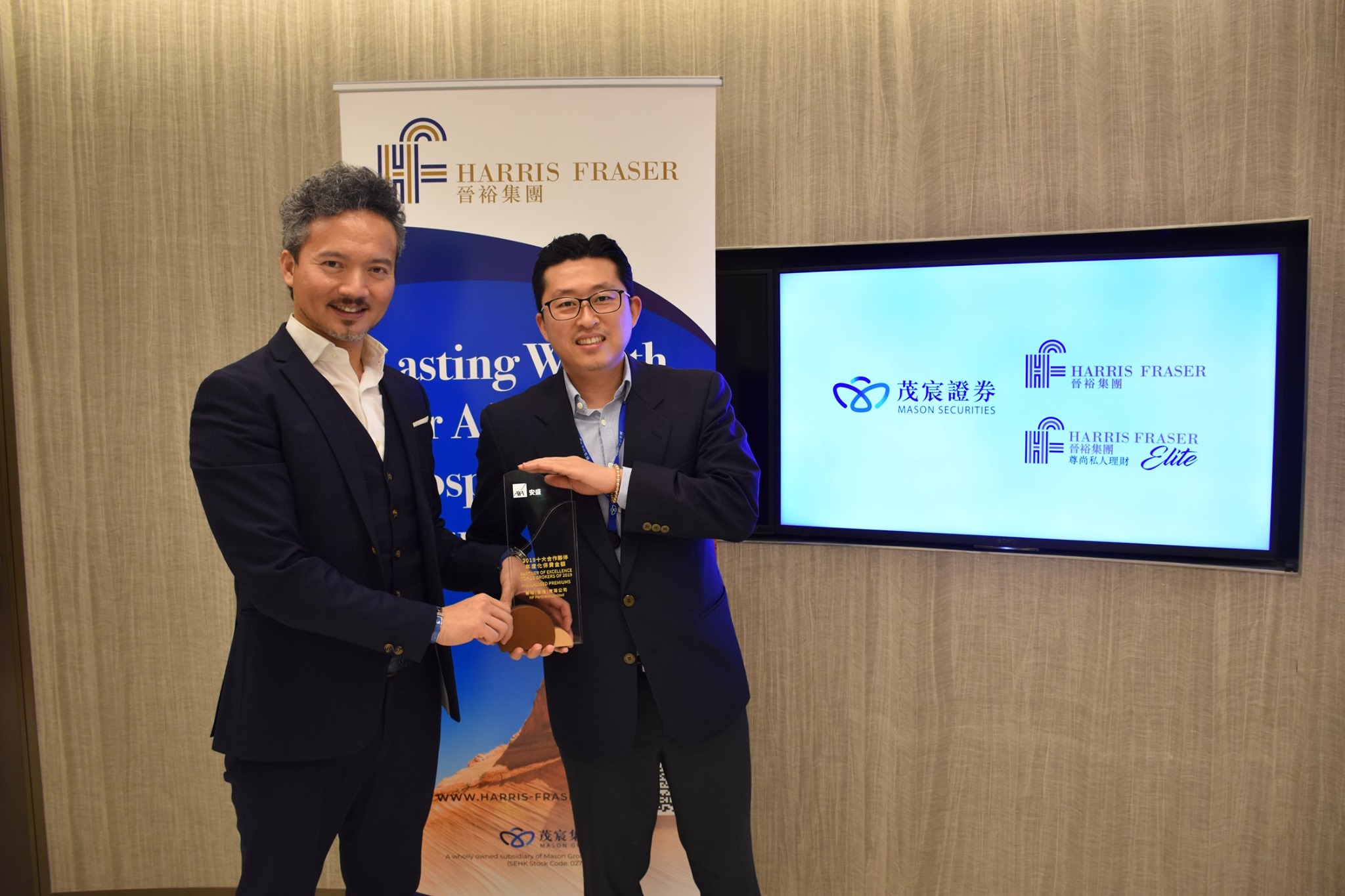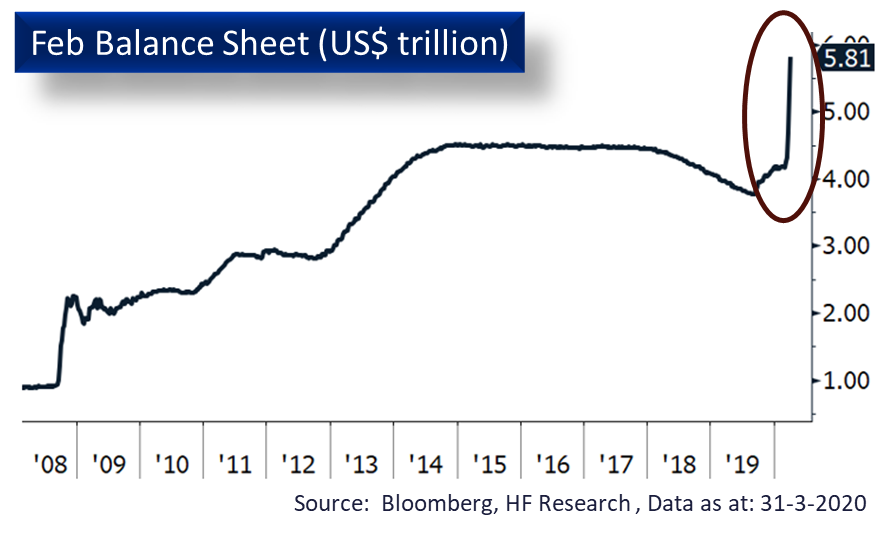Harris Fraser partners with Pangenia to offer a range of parenting and childcare solutions, from physical and mental health screening to inborn talent genetic discovery and allergy tests. To find out which are best for you and your children, we spoke to Pangenia to discover why each test is important, what’s involved, when they should be done and who they are best suited to.
Why do you think there has been an increase in the popularity and prevalence of childcare solutions that look at genetics?
Genetic tests provide parents with a wealth of great information about their child. This information can guide parents, allowing them to decode their children’s DNA for a healthier, better future, choosing the right extracurricular activities for their children and preparing for any allergies, and diseases that may arise.
Why is the Mygenia Physical and Mental Health screening important and what can it help to detect?
The Mygenia kids panel detects a variety of mental and physical health-related diseases, including ADHD, autism, Asperger’s syndrome, congenital heart defects, leukemia, epilepsy, cystic fibrosis, galactosemia, haemophilia, and Fragile X syndrome.
It can be difficult to know when children have some kind of mental or physical disease prior to symptoms appearing and this means opportunities for taking preventative action can be missed. Once the parents know the health condition of their children, they shall seek professional help for appropriate treatment.
What does the screening involve and when should children get it done?
Children should do this screening as early as possible, because the earlier we can detect any health conditions and provide treatment, the more effective it will be.
Who is this test best suited to or who will benefit most from taking this test?
If a child has a family history of any of the diseases that this screening tests for, there will be a higher chance of the child inheriting that disease, so we would particularly recommend the Mygenia panel for them.

What are the benefits to both children and their parents in taking the Inborn Talent Genetic Discovery Test?
When it comes to parenting, we are always looking for a first-mover advantage – the earlier you can plan for your children, the greater potential they have of competing with their peers. However, there are countless courses, programmes and activities for us to choose from, and we do not always know which ones are best for our children. On top of that, we have limited resources, and our children have limited time and energy to attend such courses. Genetic testing can give us insights into a child’s abilities, character and physical aptitude.
What information can this test provide?
The test is divided into three categories:
- Character, including attention, social ability, independence, short-term memory, responsibility, creativity, reward dependence, grit, stress, tendency towards melancholy, introverted behaviour, sensitivity, curiosity, enterprising nature, empathy, self-protection, precociousness and self-reflection
- Physique, including calcium absorption, iron absorption, blood sugar control, folic acid metabolism, hereditary allergies, eczema and other skin issues, weight loss, high-fat food response, muscle burst, muscle endurance, exercise versus weight loss, exercise versus blood sugar control, post-exercise restorative damage, tooth development, astigmatism, skin pigmentation, myopia, lactose tolerance, sweetness preference, vitamin absorption
- Talent, including aptitude for languages, maths, reading, learning, logical thinking, dance and music.
When is the best time for a child to take this test?
The better we understand a child’s talent, the better we can be prepare for their education and developing their interests so the earlier this test is carried out, the better we can prepare for our children’s futures.
Why are Delayed and Immediate Allergy Tests so important?
More than 40 per cent of children have allergies in Hong Kong and 60 per cent of its general population has asthma. A lot of people in Hong Kong claim to have nasal allergies, but not all of those have found out the cause of these allergies and symptoms will only worsen. By discovering the allergens that cause a reaction in someone, you can prevent their contact with these allergens, which is important because allergies are associated with the immune system and once the immune system is weakened, our body is more vulnerable to virus and bacteria.
What do each of these tests involve and is there anything parents should be aware of beforehand?
For the Immediate Allergy Test, 3ml of blood is needed for the test; this measures the levels of different igE antibodies and looks at including 20 types of respiratory allergens and 60 types of food allergens. For the Delayed Allergy Test, we take a few drops of blood from the fingertip, and measure the levels of different igG antibodies, which detect food intolerances. If a child has not eaten a specific food in the past 6 to 8 weeks, this test will not be able to detect if there is a delayed allergy reaction.
When is the best time for a child to take this test?
For the Immediate Allergy Test, we recommend drawing blood only from children aged three years and older. For the Delayed Allergy Test, the test is relatively simple and can be taken once children start eating solid food.
By applying the wealth management model to the healthcare sector, Harris Fraser is able to provide healthcare management solutions for children and adults, including healthcare planning, critical illness solutions and services that take control of genetic inheritance. Our solutions are in partnership with Pangenia, a leading professional molecular diagnostics (MDx) group in Hong Kong backed by an elite group of biotech scientists and executives.

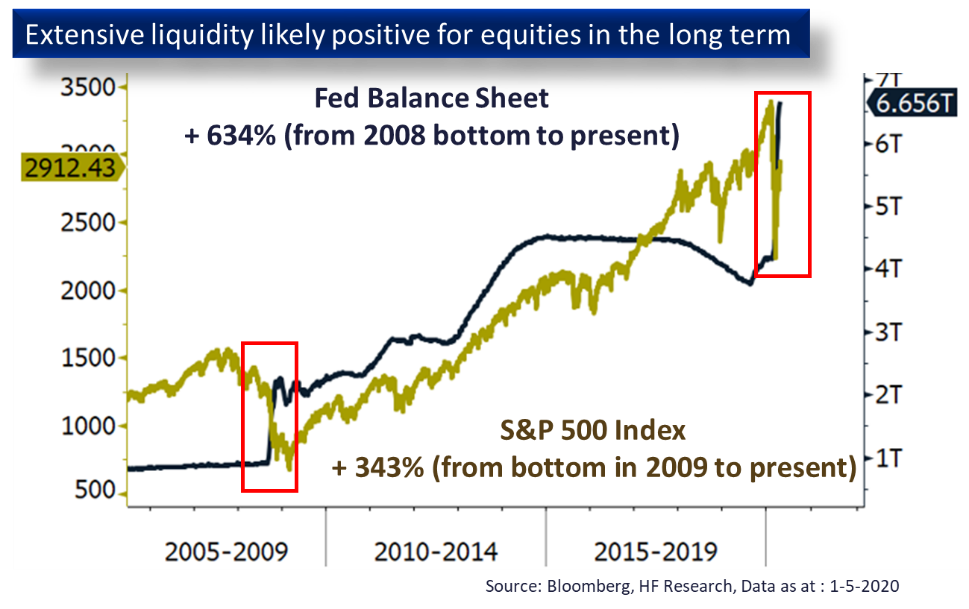



 US
US EU
EU China
China